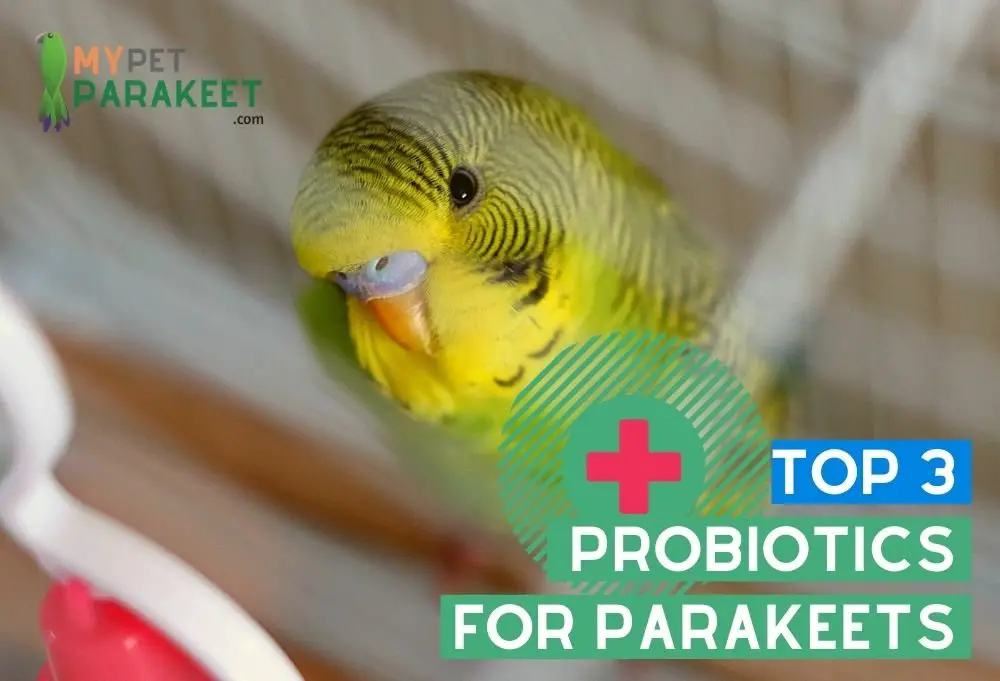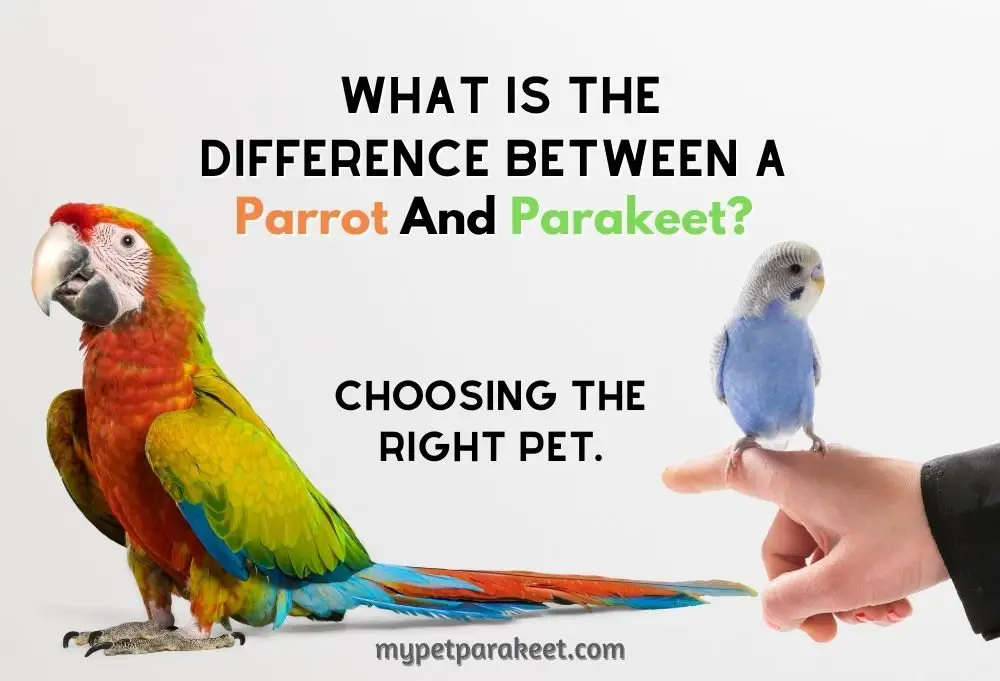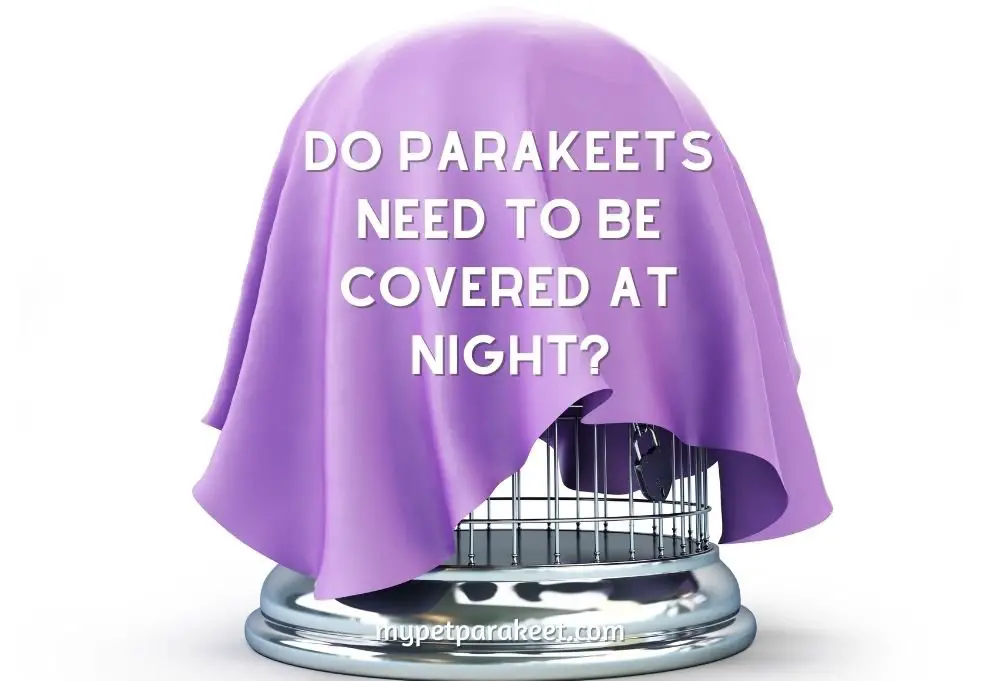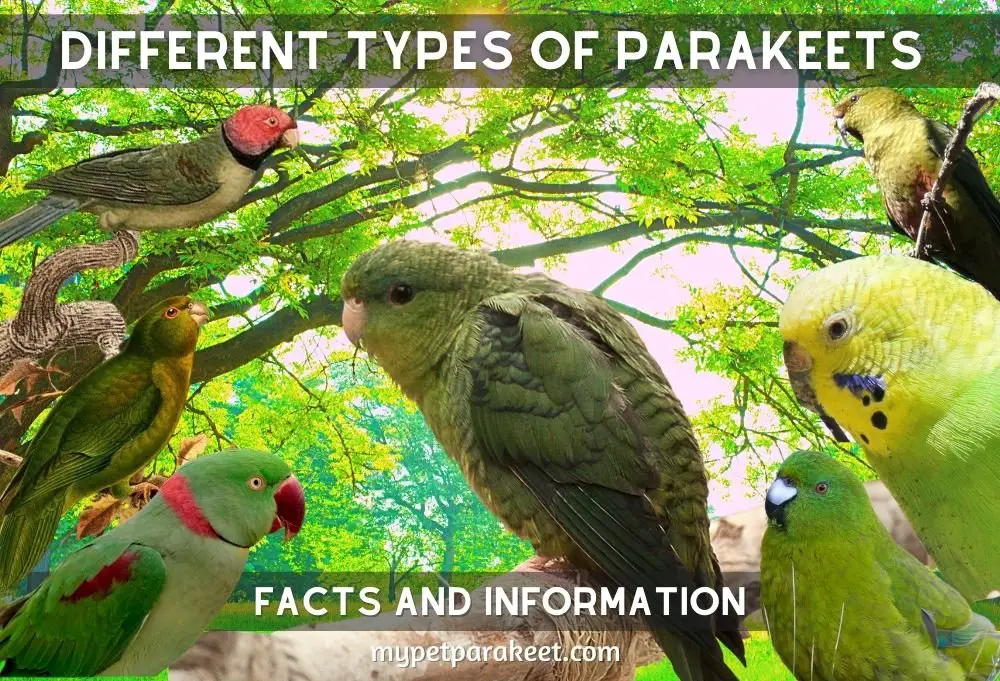Parakeets are small, colorful birds that can be kept in cages just like many other types of pets. They are social creatures who enjoy interacting with their owners through talking or playing games with them. They are also some of the most popular pet birds in the US and some of the easiest to bond with and care for.
However, parakeets also require a lot of time and attention to keep happy, so it's important to make sure you're ready for this before adopting one!
Let's look at some of the best reasons you can keep parakeets as pets, as well as some other reasons why these birds may not be ideal for you.
Do Parakeets Make Good Pets?
When looking for a bird for a pet, you need to understand its personality, eating habits, lifespan, and favorite activities.
Parakeets are very friendly and naturally sociable birds. This nature makes them a bit demanding of attention, so only get one if you are ready and able to spend a lot of time with it.
Alternatively, when you suspect you won't be around that much, you can also get another bird to keep the parakeet company. One benefit of choosing a parakeet as your pet is that it gets along very well with other birds.
Your parakeet will also be around for a good amount of years; it has a long lifespan of up to 25 years or even longer if you give it the best care.
One other thing that makes a parakeet a great choice for a pet; it is easy to train. Again, as it is a sociable bird, it will easily learn to mimic other birds, and even a few words if you put in ample time to train it.
A parakeet is a beautiful bird as well; it sports a bold green color with a long tail and short beak. It is not aggressive, but don't make any mistake; a parakeet can leave a mess of your work documents if you leave them to it.
Pros of Owning a Parakeet
- A parakeet is a beautiful, sociable bird who will make your house more interesting
- While it requires ample space in a safe cage, a parakeet can survive in any house setting, including small apartments
- It is a small bird, thus easier to transport than a bigger bird such as a parrot, if you need to
- A parakeet is generally healthy; it is unlikely to fall sick with the best care
- It has a long lifespan
- It is a beautiful bird
- A parakeet does not make a lot of noise; thus your best choice for a pet if you have irritable neighbors
- It is easy to feed, and you will find their pellets in most pet stores
- It is not an expensive bird and does not require a very expensive cage as well
Cons of Owning a Parakeet
- While they are not very loud, parakeets do chirp constantly, which might finally start to annoy your family members
- They don't handle extreme temperatures very well; thus it is important to keep their living space warm and airy
- Parakeets are prone to liver problems
- They demand a lot of attention if you want to build trust with it
- A parakeet needs to be very active for the best health
- It can easily escape a cage, so ensure the cage does not come with wide spaces, especially when the bird is younger
Other Birds You May Want To Consider
So, you already want to get a bird for a pet but are not sure a parakeet is your ideal bird? Do you worry you might not get enough time to train and bond with a parakeet? If so, the following are some alternative birds you can pet.
- Finches.
If you worry about not being present that much to bond with your parakeet, you can turn to finches for pets. Finches are small, colorful birds with tiny beaks. Generally, finches can live for up to 10 years with the best care. While they need a lot of care, just like parakeets, finches are hands-off birds that also don't make that much noise. - A Blue-Headed Parrot.
This is one of the best pet birds you can get if you want to stay in the parrot family, but get a slightly bigger bird to live with. A Blue-Headed Parrot is as colorful as the name sounds with a blue head and neck The rest of the body is green, while the ears will sport black patches, and red on the tail, and some shades of red on the black beak In addition to its beauty, a Blue-headed Parrot can live for up to 40 years, and is a territorial and relatively quiet bird. - Canaries
If you live in an apartment and you're sure you won't find enough time to bond with a parakeet, there is no reason for you to not get another bird you can easily live with. Like the Finches, a canary is a small and very hands-off bird. Additionally, it is not noisy and comes in a bright yellow body, although some birds could come with orange, red, or white feathers. A domestic canary can live up to 15 years with the best care.
Conclusion
When you are sure you want to keep a parakeet as a pet, make sure you have a ready, safe cage to house the bird in.
As a parakeet has a fairly long tail, the cage needs to be roomy so the bird can play in it. Apart from space, make sure the bird will not be able to escape the cage also.
Once you have a cage ready, it is time to think about diet before bringing the budgie home. A parakeet needs a balanced diet, plus exercise, to guarantee a long, healthy life. Luckily, you can find healthy pellets in a pet store near you.
Once you bring the parakeet home, make sure you put the cage safely where the bird won't have to deal with extreme temperatures. One of the worst places you can leave a parakeet is the kitchen; the hot fumes plus possible spices can be toxic for it.
One last thing you need to consider for your pet parakeet is playtime. For better development, your parakeet needs constant brain stimulation to keep boredom and stress away, both factors that could negatively affect the bird's lifespan.
Make time to train your bird; it can learn vocabulary or actions to better communicate with you. In addition, invest in some toys you can throw into the cage for enough play; the best toys for a parakeet encourage chewing and climbing, so their talons and beaks remain in good health.








